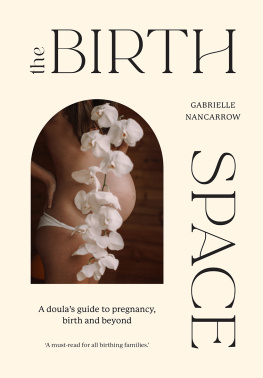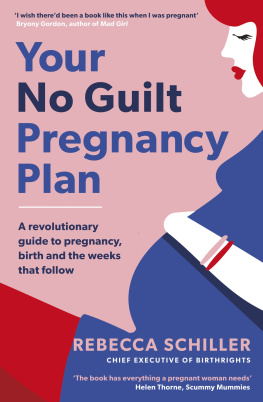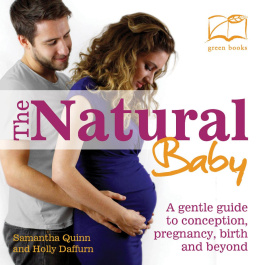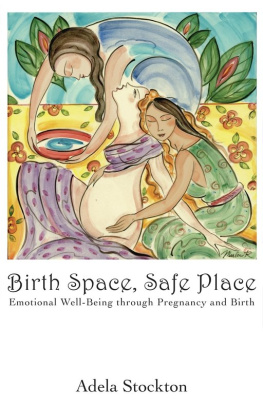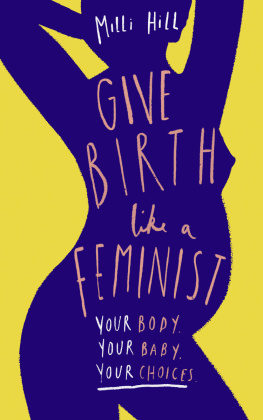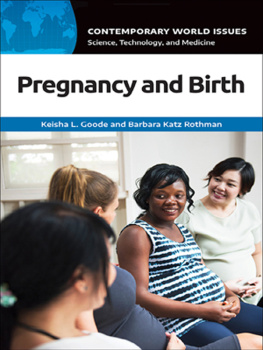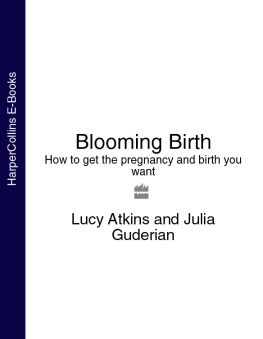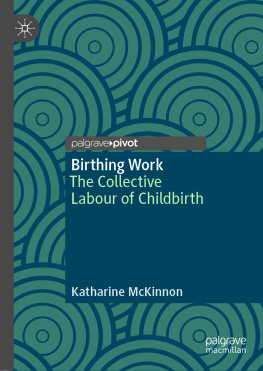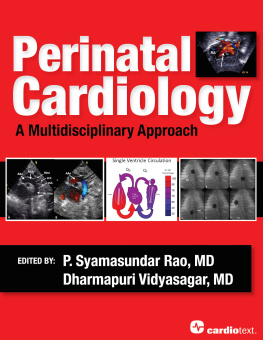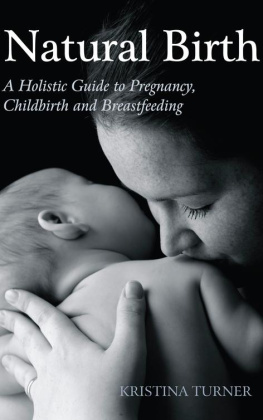Lorna Weir - Pregnancy, Risk and Biopolitics: On the Threshold of the Living Subject
Here you can read online Lorna Weir - Pregnancy, Risk and Biopolitics: On the Threshold of the Living Subject full text of the book (entire story) in english for free. Download pdf and epub, get meaning, cover and reviews about this ebook. year: 2006, publisher: Routledge, genre: Romance novel. Description of the work, (preface) as well as reviews are available. Best literature library LitArk.com created for fans of good reading and offers a wide selection of genres:
Romance novel
Science fiction
Adventure
Detective
Science
History
Home and family
Prose
Art
Politics
Computer
Non-fiction
Religion
Business
Children
Humor
Choose a favorite category and find really read worthwhile books. Enjoy immersion in the world of imagination, feel the emotions of the characters or learn something new for yourself, make an fascinating discovery.

- Book:Pregnancy, Risk and Biopolitics: On the Threshold of the Living Subject
- Author:
- Publisher:Routledge
- Genre:
- Year:2006
- Rating:4 / 5
- Favourites:Add to favourites
- Your mark:
Pregnancy, Risk and Biopolitics: On the Threshold of the Living Subject: summary, description and annotation
We offer to read an annotation, description, summary or preface (depends on what the author of the book "Pregnancy, Risk and Biopolitics: On the Threshold of the Living Subject" wrote himself). If you haven't found the necessary information about the book — write in the comments, we will try to find it.
Traditionally, Euroamerican cultures have considered that human status was conferred at the conclusion to childbirth. However, in contemporary Euroamerican biomedicine, law and politics, the living subject is often claimed to pre-exist birth. In this fascinating book Lorna Weir argues that the displacement of birth as the threshold of the living subject began in the 1950s with the novel concept of perinatal mortality referring to death of either the foetus or the newborn just prior to, during or after birth.
Weirs book gives a new feminist approach to pregnancy in advanced modernity focusing on the governance of population. She traces the introduction of the perinatal threshold into child welfare and tort law through expert testimony on foetal risk, sketching the clash at law between the birth and perinatal thresholds of the living subject. Her book makes original empirical and theoretical contributions to the history of the present (Foucauldian research), feminism, and social studies of risk, and she conceptualizes a new historical focus for the history of the present: the threshold of the living subject.
Calling attention to the significance of population politics, especially the reduction of infant mortality, for the unsettling of the birth threshold, this book argues that risk techniques are heterogeneous, contested with expertise, and plural in their political effects. Interview research with midwives shows their critical relation to using risk assessment in clinical practice. An original and accessible study, this book will be of great interest to students and researchers across many disciplines.
Lorna Weir: author's other books
Who wrote Pregnancy, Risk and Biopolitics: On the Threshold of the Living Subject? Find out the surname, the name of the author of the book and a list of all author's works by series.

